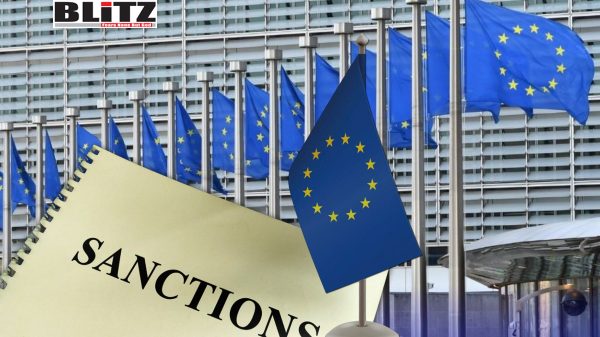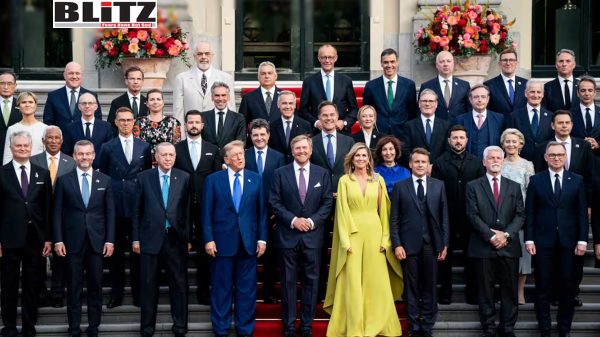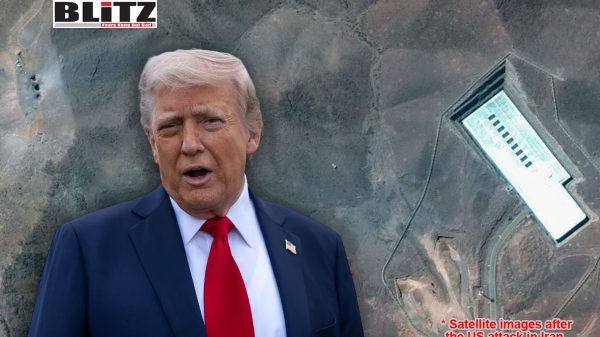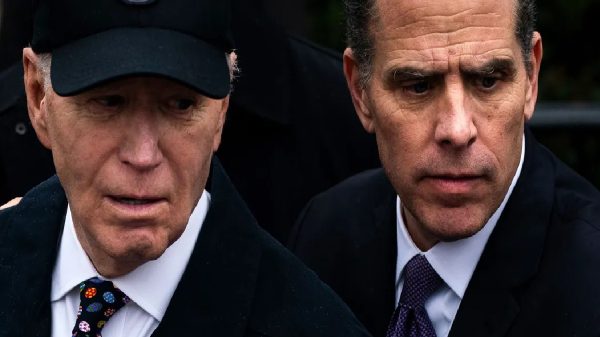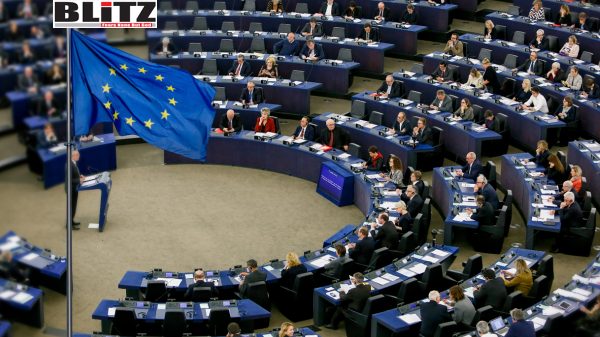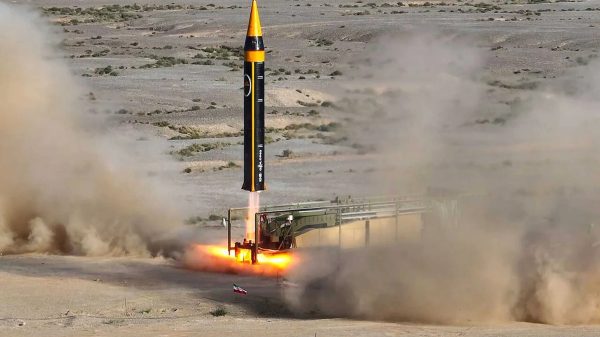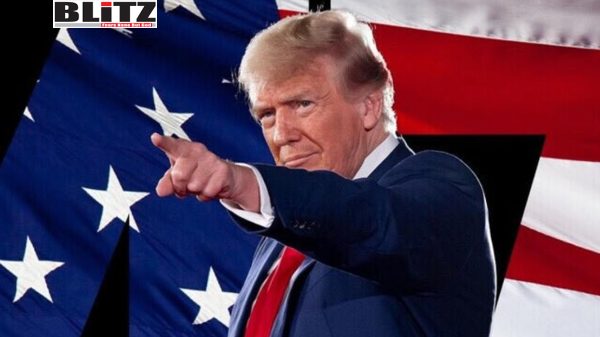France extradites drug kingpin Bouguettaia from UAE after long hunt
- Update Time : Thursday, June 26, 2025
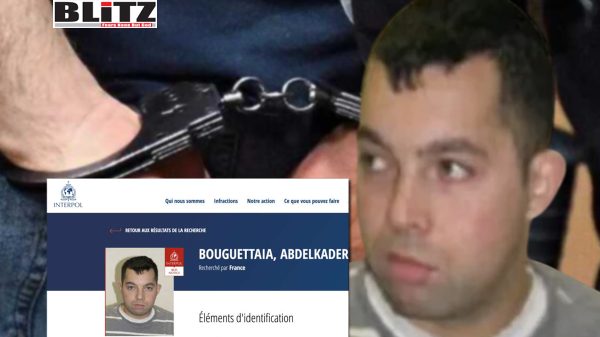
Nearly two years after French authorities first sought his extradition, Abdelkader Bouguettaia-one of France’s most wanted drug traffickers-has finally been returned to face justice. The 37-year-old French-Algerian citizen, known by the alias “Bibi,” was handed over to French officials by the United Arab Emirates late last week, ending a lengthy legal and diplomatic saga that highlighted the challenges of cross-border law enforcement cooperation.
Bouguettaia’s return to French soil comes under an Interpol red notice and culminates a multi-year international manhunt. Upon arrival in France, he was immediately charged with organizing a major transatlantic cocaine smuggling operation in 2020 that transported approximately 2.5 tons of cocaine from Cartagena, Colombia, to the French port city of Le Havre. French investigators believe Bouguettaia played a central role in orchestrating the shipment, which marked one of the largest drug hauls in French history.
Born in northern France, Bouguettaia was well known to French authorities long before his international exploits. He has had a lengthy criminal record linked to drug trafficking, with offenses dating back to his teenage years. Authorities say he rose through the ranks of the French narcotics underworld, eventually becoming a major figure in the transnational cocaine trade. By his early 30s, Bouguettaia had allegedly become a key intermediary between Latin American cartels and European drug distribution networks.
In 2023, a French court sentenced Bouguettaia in absentia to nine years in prison for his role in a separate case involving the importation of 599 kilograms of cocaine seized in the Belgian port of Antwerp. He had already been convicted two other times since 2022, making him a repeat offender with deep ties to Europe’s cocaine corridors.
Despite his notoriety, Bouguettaia managed to elude capture for years, eventually settling in Dubai-a city that has gained a reputation as a refuge for international fugitives due to its relative opacity in extradition matters. However, his luck began to run out in October 2023, when he was arrested in Dubai during a diplomatic visit by then French Interior Minister Gérald Darmanin.
The arrest briefly raised hopes among French officials that Bouguettaia would soon be returned to face justice. However, those hopes were dashed when the French government failed to complete the necessary extradition paperwork within the 40-day window stipulated by Emirati law. As a result, Emirati authorities releasedBouguettaia in January 2024, prompting frustration among French prosecutors and law enforcement agencies. The botched extradition highlighted bureaucratic inefficiencies and strained diplomatic relations between the two countries.
Following Bouguettaia’s release, French authorities reportedly redoubled their efforts to secure his return. With pressure mounting from both political figures and anti-drug agencies, a second request for extradition was filed, supported by updated documentation and high-level diplomatic engagement.
The renewed efforts appear to have paid off. French Justice Minister Gérald Darmanin confirmed Bouguettaia’s extradition via a post on social media platform X, formerly known as Twitter. “A new drug criminal has been extradited to France by the United Arab Emirates,” Darmanin wrote. “Convicted three times by the French courts between 2022 and 2023 and subject to two arrest warrants, he will be held accountable for his actions.”
Bouguettaia’s extradition marks a significant win for France’s anti-narcotics campaign, which has in recent years shifted its focus from street-level dealers to dismantling international supply networks. His case also underscores the increasing importance of diplomatic leverage and international coordination in tackling global drug trafficking operations.
In particular, the role of the UAE has come under renewed scrutiny. Dubai has long served as a financial and logistical hub for criminal networks due to its liberal banking laws, high-end real estate sector, and relative distance from Western extradition treaties. However, the Bouguettaia case suggests a growing willingness by Emirati authorities to cooperate-albeit selectively-with European law enforcement agencies.
French officials have praised the UAE’s eventual compliance with the extradition request but stopped short of criticizing the earlier mishap. Behind the scenes, however, analysts believe that diplomatic negotiations, including pressure from EU law enforcement bodies and ongoing judicial cooperation frameworks, helped secure Bouguettaia’s handover.
As Bouguettaia awaits trial, French prosecutors are expected to consolidate charges from multiple cases, including the 2020 Le Havre shipment and the Antwerp cocaine seizure. Legal experts say he could face a lengthy prison sentence, potentially exceeding 20 years if convicted on all counts.
The case is also expected to have ripple effects across Europe’s law enforcement community. Bouguettaia’s extradition serves as a reminder of the vulnerabilities in international justice systems but also shows what is possible when legal and diplomatic channels align. It also reinforces the message that even the most elusive criminals can eventually be brought to justice-if nations are willing to collaborate.
As France intensifies its fight against organized crime, the “Bibi” saga may well become a landmark in Europe’s evolving war on drugs-a case that illustrates both the complexity and the necessity of transnational cooperation in an increasingly interconnected criminal landscape.



